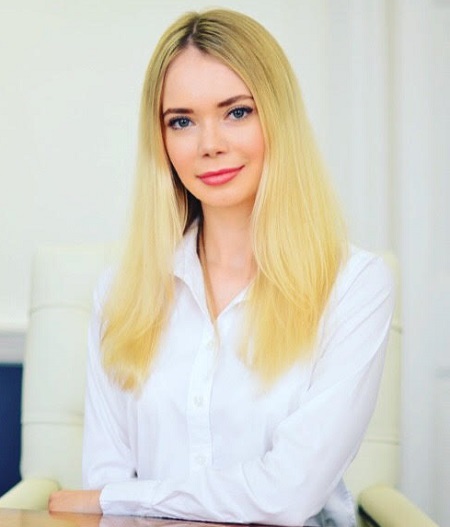Diana Filatova ACIArb
Why have you decided to specialise in ADR? What attracted you to this area of law?
In my view, ADR is the future for resolving cross-border disputes. It is much more flexible rather than litigation and can offer such advantages as time and cost efficiency, personified attitude and exclusive remedies. The focus of my research is international arbitration and how it is suitable for resolving intellectual property disputes globally. I have been wondering why arbitration has not been the most widespread method to resolve IP disputes and found out that there was a lack of understating of arbitration benefits among IP rights holders. I believe once users become aware of all positive sides of ADR, litigation will be left in the past.
Moreover, if we look at the statistics provided by International Arbitration Survey conducted by Queen Mary University of London in 2018, we will see an undeniable rising trend in usage of ADR. According to the survey, 97% of respondents expressed that international arbitration is their preferred method of resolving cross‐border disputes and 99% of respondents are likely to choose international arbitration in the future.
What do you consider as the biggest challenge for the ADR in the future?
I believe the biggest challenge of ADR is a lack of publicly available information. Most of ADR awards, especially arbitral awards are confidential and there is no system of binding precedent between awards. On the other hand, it can be treated as an advantage because it helps to preserve confidentiality of a dispute and keep companies’ reputation untouched. Nonetheless, in my view the more information or at least statistics will be published, the more people would be aware of ADR and chose it for dispute resolution.
If you had a time machine, what piece of advice would you give to yourself at the beginning of your career in ADR?
Before going to the law school, I was considering to study journalism, languages or law. All these areas are fascinating and involve so much culture and interaction with people. Why did I choose law? I believe this is a highly creative field and it always depends on the way how we interpret it. Also, I specialise in international law what gives me an exciting opportunity to compare the core principals in different jurisdictions and to see the rationale lying behind. I would definitely advise myself to follow my passion and do not stop digging even if it seems that the answer is on the surface.
How has a membership with the Chartered Institute of Arbitrators benefitted your career?
Chartered Institute of Arbitrators has given me an excellent opportunity to meet with people from different backgrounds and visited various conferences and discussions on highly relevant topics. Also, it provided my research with precious materials and allowed me to see the different point of views on my subject.
What do you consider to be your biggest achievement in the field thus far?
I am feeling blessed to be part of the research community at the City University of London. Writing a PhD can be challenging and demanding but absolutely rewarding at the end of the day. I feel proud to add my contribution to the existing knowledge and learn from my colleagues on a daily basis.
If you could meet for a dinner a famous person, dead or alive, who would that be?
That would be Dalai Lama. I believe that spiritual education and growth have the same importance as institutional education. Also, it would be wonderful to finally get an answer to what is that we are all looking for. A meeting with Dalai Lama would be definitely an enriching experience.
